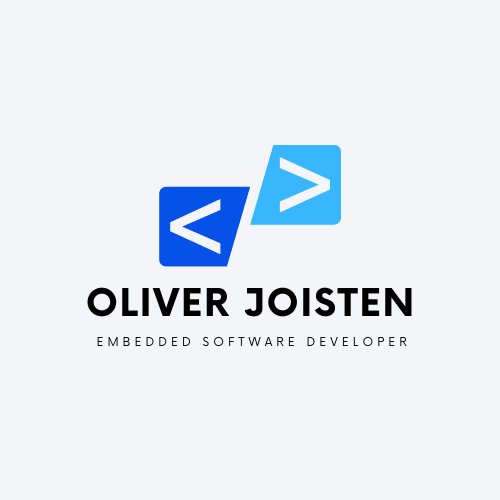
Introduction: C and C++, Two Widely Used Programming Languages
C and C++ are two of the most widely used programming languages in the world. Both have been around for decades and have a rich history of development and use. However, despite their similarities, there are significant differences between the two that make them suited for different types of programming tasks.
The Basics of C: A Procedural Language for System Programming
C is a procedural language that was developed in the early 1970s. It was designed to be a low-level language that provides the programmer with direct control over the computer’s hardware. C is a simple language that focuses on efficiency and speed, making it ideal for system programming and other tasks that require close interaction with hardware.
The Evolution of C++: An Object-Oriented Language for Complex Software
On the other hand, C++ was developed in the 1980s and is an extension of the C language. It was created to provide a higher level of abstraction and make it easier for programmers to write complex software. C++ is an object-oriented language that provides features such as classes, objects, and inheritance, making it easier to develop large and complex software systems.
Data Handling in C vs. C++: Abstraction and Encapsulation
One of the key differences between C and C++ is the way they handle data. In C, data is treated as a sequence of bytes, while in C++, data is treated as objects. This allows C++ to provide a higher level of abstraction and encapsulation, making it easier to manage data and reduce the risk of errors.
Memory Management in C vs. C++: Automation and Ease of Use
Another difference between the two languages is the way they handle memory management. In C, memory management is done manually, with the programmer responsible for allocating and freeing memory. In C++, memory management is automated with the use of constructors and destructors, making it easier to manage memory and reducing the risk of memory leaks.
Error Handling in C vs. C++: Structured and Organized
C++ also provides support for exception handling, which makes it easier to deal with errors and exceptions in software. In C, error handling is done through the use of return codes, which can lead to complex and difficult-to-maintain code. C++ exceptions allow errors to be handled in a more structured and organized way, making it easier to maintain and debug software.
The Power of Object-Oriented Programming in C++
One of the strengths of C++ is its support for object-oriented programming. This means that it provides features such as classes, objects, and inheritance, which allow programmers to model real-world objects and their relationships. This makes it easier to develop large and complex software systems, as well as making it easier to reuse code.
Conclusion: Choosing the Right Language for Your Needs
In conclusion, C and C++ are both powerful and widely used programming languages. C is a low-level language that provides the programmer with direct control over hardware, making it ideal for system programming and other tasks that require close interaction with hardware. C++ is an object-oriented language that provides higher-level abstractions and features, making it easier to develop large and complex software systems. Understanding the differences between C and C++ can help programmers choose the right language for their needs and make the most of their programming skills.
